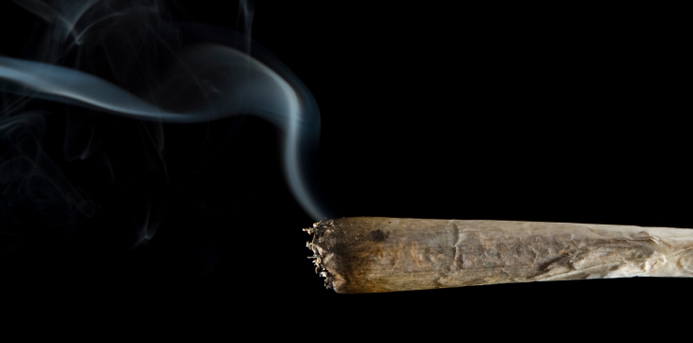Dope. Bud. Weed. Purple Hurkel. The Devil’s Lettuce.
Whatever they call it, kids are smoking it. Legalization doesn’t help, particularly in Colorado, which is already long down the legalization path. Colorado Governor John Hickenlooper said his state should be the guinea pig for any other state considering legalizing marijuana.
Whatever Illinois decides to do, the facts regarding marijuana and teen use are clear. As with most things, your teen will likely state his or her case in favor, but now you can counter with plenty of reasons against.
Argument: Pot isn’t addictive.
While most studies show a 9 percent addiction rate among people who use marijuana, withdrawal issues can be even higher. A recent study conducted at Massachusetts General Hospital’s Center for Addiction Medicine, determined about two-fifths of the teens studied experienced symptoms of withdrawal when they stopped using marijuana—a sign of drug dependence. There are also more teens being admitted for addiction treatment related to marijuana than other substances.
Argument: It can’t be bad if it’s legal.
In Colorado, a new ad campaign coined “Don’t Be a Lab Rat” is targeted at teens, trying to convince them that despite pot being legal for individuals 21 and older, it’s still not good for the developing brain. It may be too late. The 2013 Healthy Kids Colorado Survey conducted by the Colorado Department of Public Health and Environment confirmed that fewer high school students think marijuana use is risky, with only 54 percent of teens surveyed thinking it posed a moderate or great risk. On a national level, it’s even lower, with less than 40 percent considering regular use as harmful.
Argument: You smoked it growing up, and you’re fine.
It’s not the same Mary Jane. Over the past 20 years, levels of THC (the main psychoactive ingredient in marijuana) have increased dramatically, from around 4 percent to an average 15 percent today. Meanwhile, the number of seniors smoking marijuana daily has almost tripled since 1993. Combine frequency of use with higher THC, and the effects on the developing brain are exponential.
Argument: It’s better for me than alcohol.
Sure there’s no hangover, but smoking pot, like binge drinking, has proven, long-term, detrimental effects on the teenage brain. Abnormal changes in the brain structure related to working memory can be observed in daily marijuana users, and they perform poorly on memory tasks—skills critical to learning and recall. In fact, the younger you are and more you smoke, the more abnormally formed your brain regions. Another study showed daily users experiencing an average loss of six IQ points by adulthood.
Without condoning alcohol, consider this: When you are drinking, it’s easier to assess how much you’ve had. More than one drink an hour means no driving. Marijuana doses (particularly in edibles) are much harder to measure and there’s no consistency in how, when, and for how long it affects an individual.
Argument: How can it be bad if people take it for medical reasons?
Some pot makes you high, some doesn’t. The high is caused by a single chemical in marijuana known as tetrahydrocannabinol (THC). In some cases, medical marijuana proponents believe that THC does have desirable medical benefits, particularly for patients undergoing palliative care or for those who suffer from chronic pain. There are some types of cannabis that won’t get you high. While they may contain minute amounts of THC, they are usually rich in the chemical cannabidiol (CBD). Studies have shown that CBD-rich cannabis can help with the treatment of rare forms of epilepsy or schizophrenia.
However, it’s important to note that the American Medical Association passed a resolution last year restating their belief that cannabis is a dangerous drug and their opposition to legalization. Their resolution followed a similar conclusion by the American Psychiatric Association stating they found no scientific evidence that marijuana is beneficial in any way for the treatment of psychiatric disorders.
Argument: It’s safer now that it’s legal.
Like medical marijuana, recreational pot is highly regulated in Colorado. Ideally, that means that it’s safer because at least you know where it’s coming from and what’s in it—unlike the illegal street drug many kids are buying. Surprisingly, though, in states with medical marijuana, 34 percent of 12th graders surveyed get their dope through someone else’s prescription.
Argument: It’s legal at 21 for a reason.
Pot and alcohol aren’t good for the developing teenage brain, period. Substance abuse that starts early ends badly (research shows that people who start drinking before the age of 15 are four times more likely to meet the criteria for alcohol dependence at some point in their lives).
Set some ground rules. You drink, you don’t drive. The same goes for pot, no matter what. If necessary, don’t be afraid to drug test your child. Seems extreme, but so are the effects of weed on the teenage brain.

